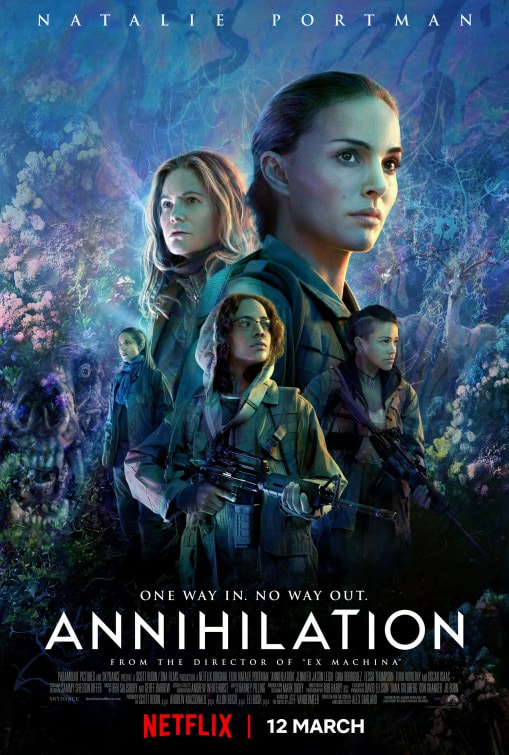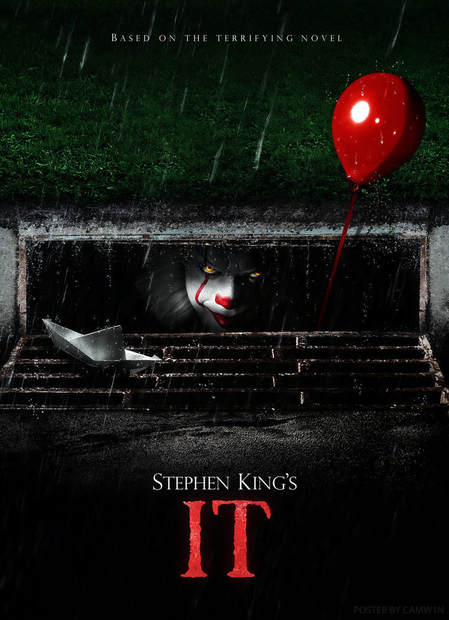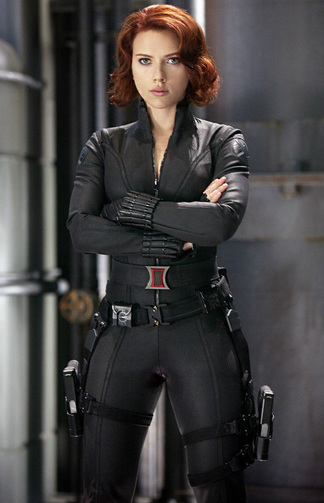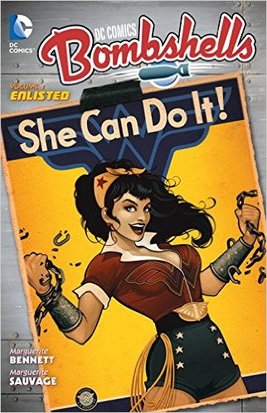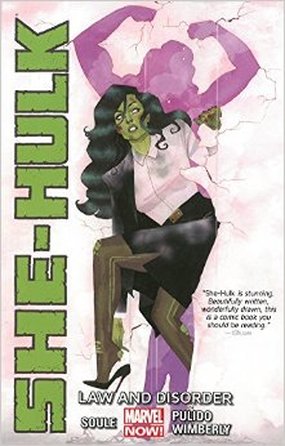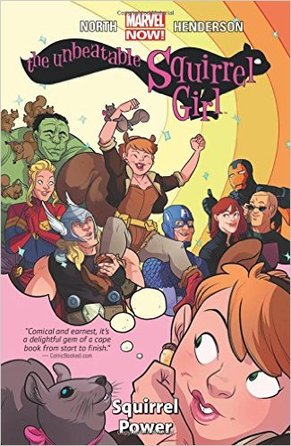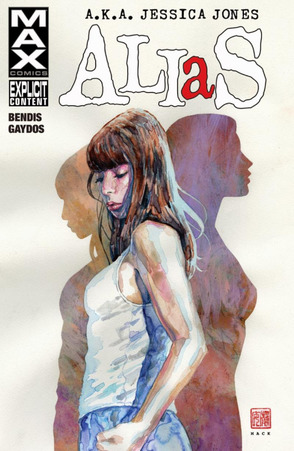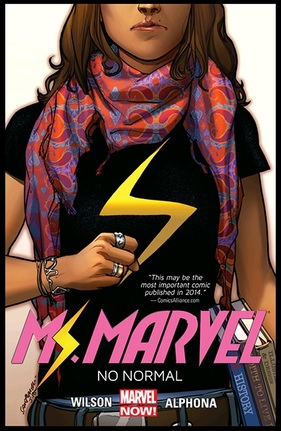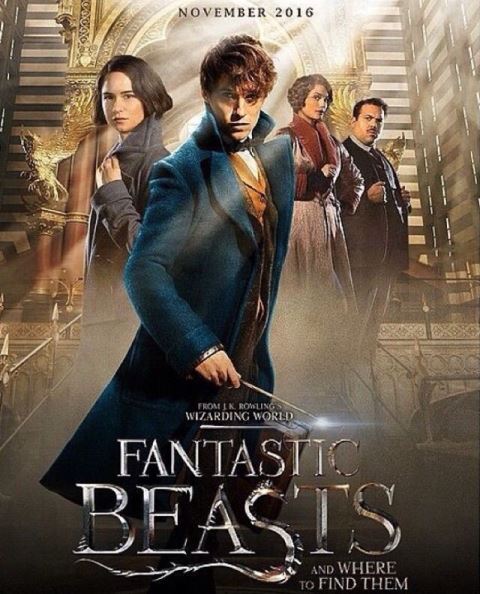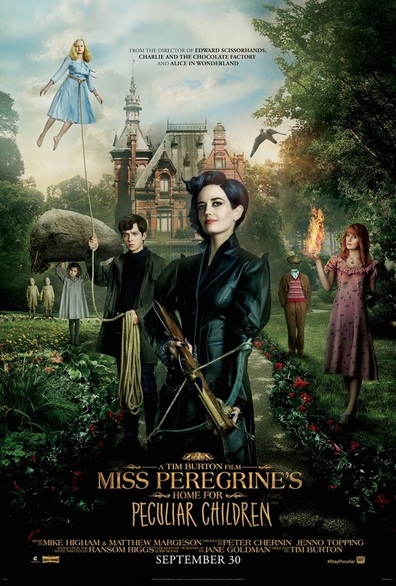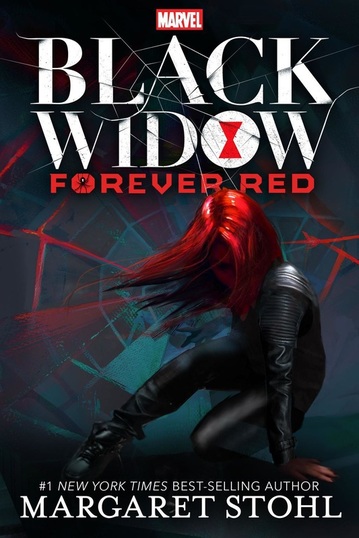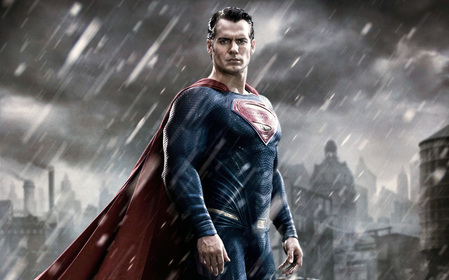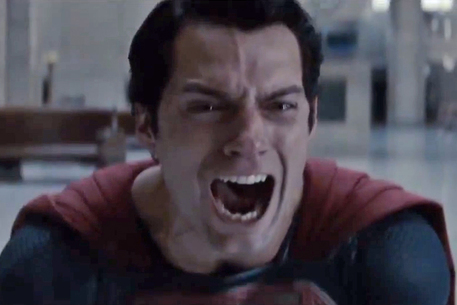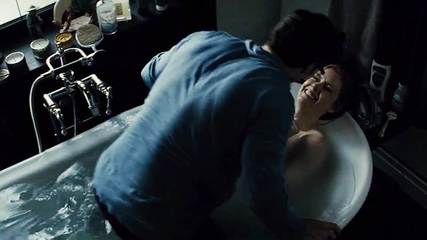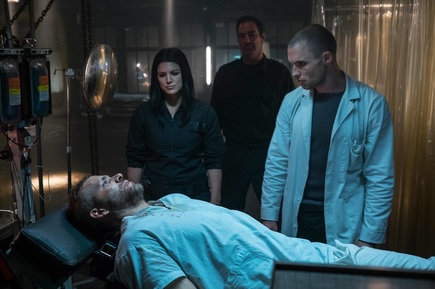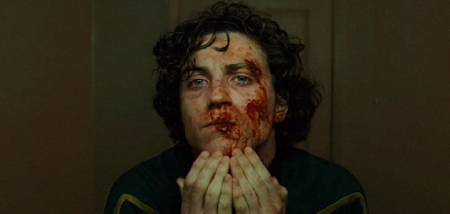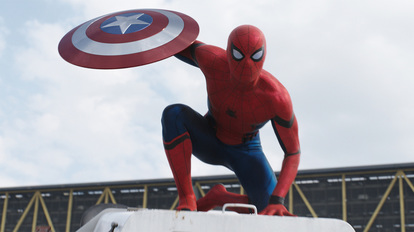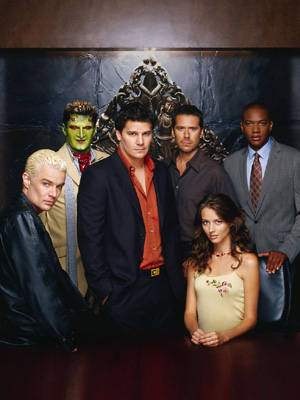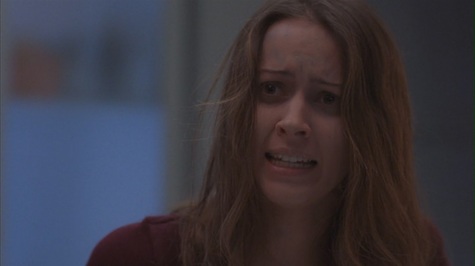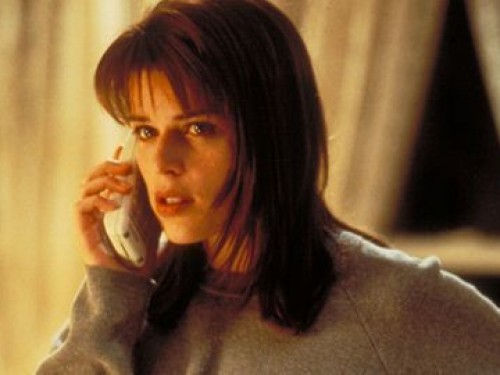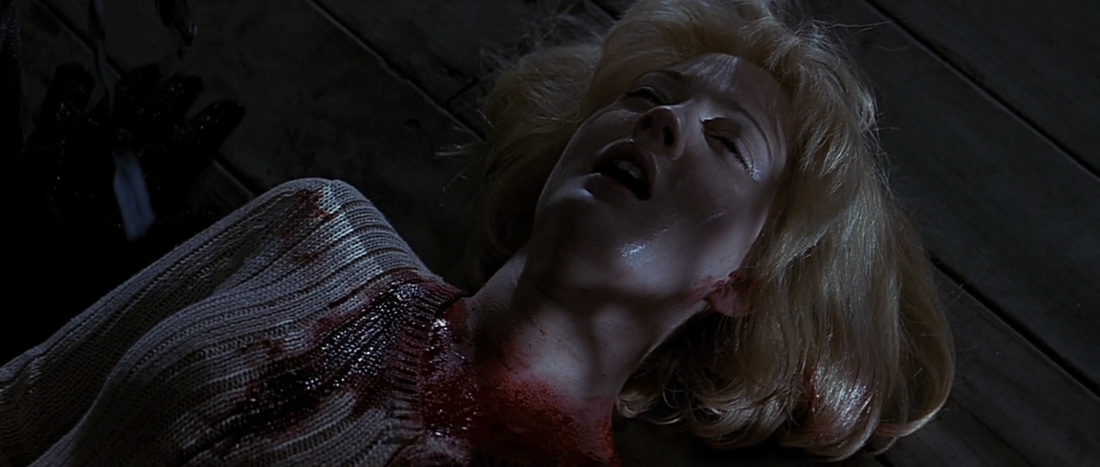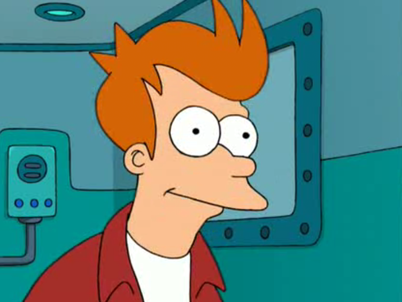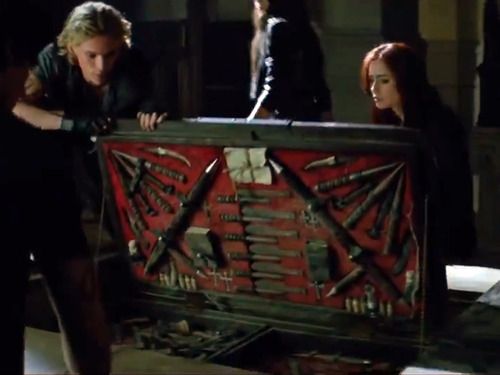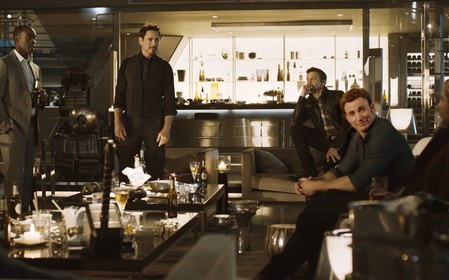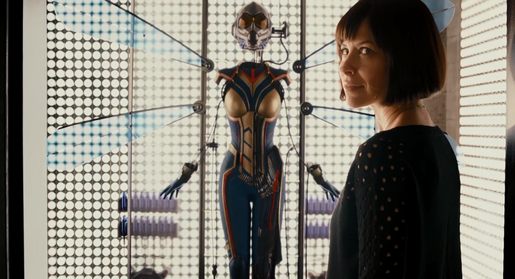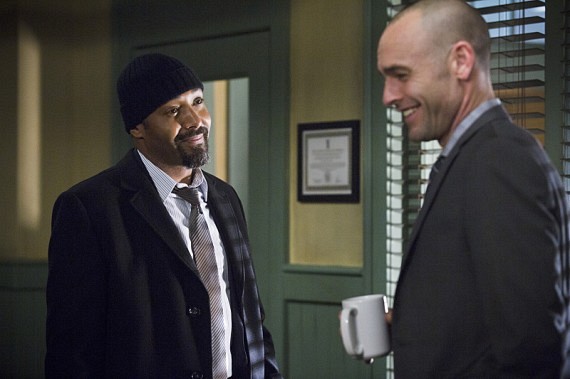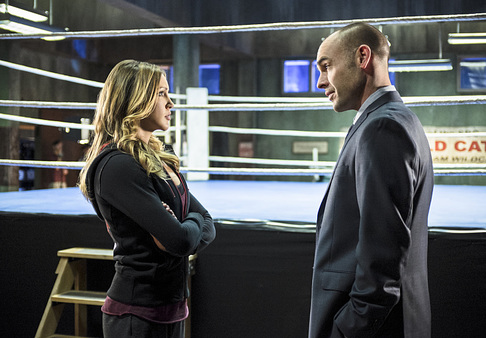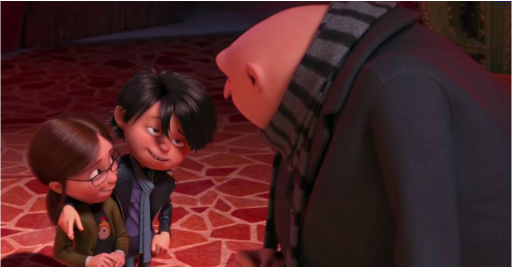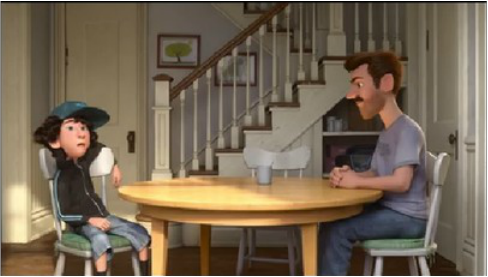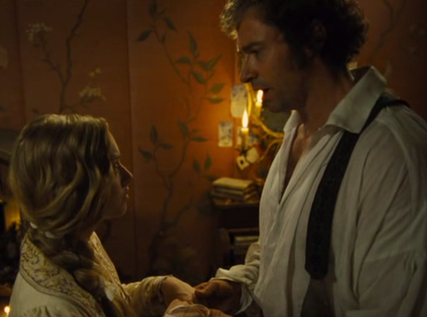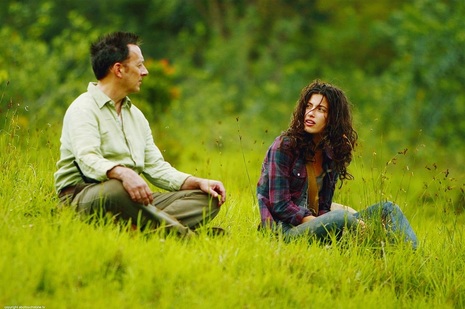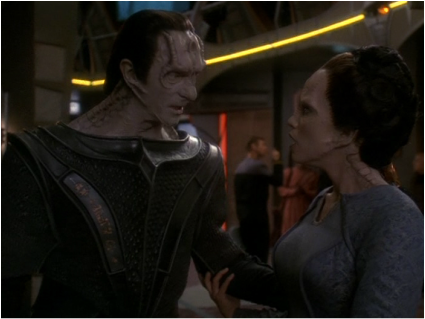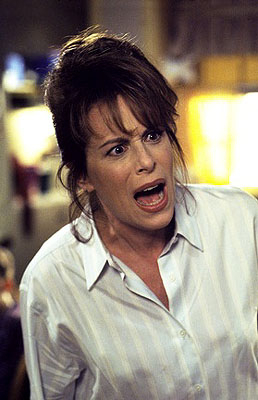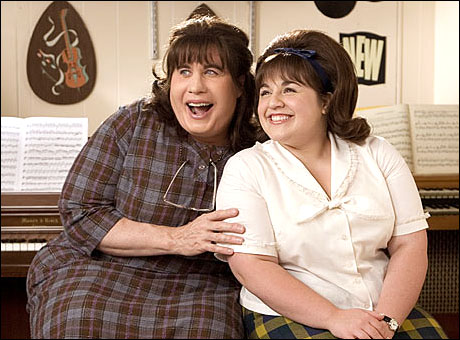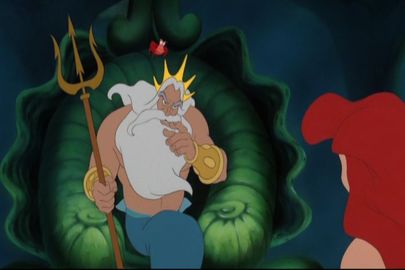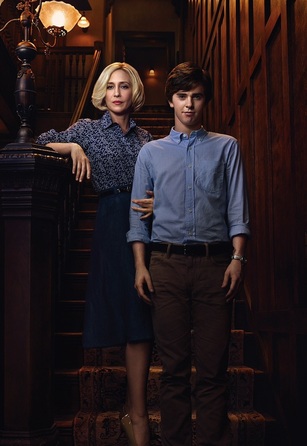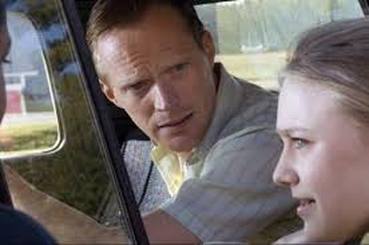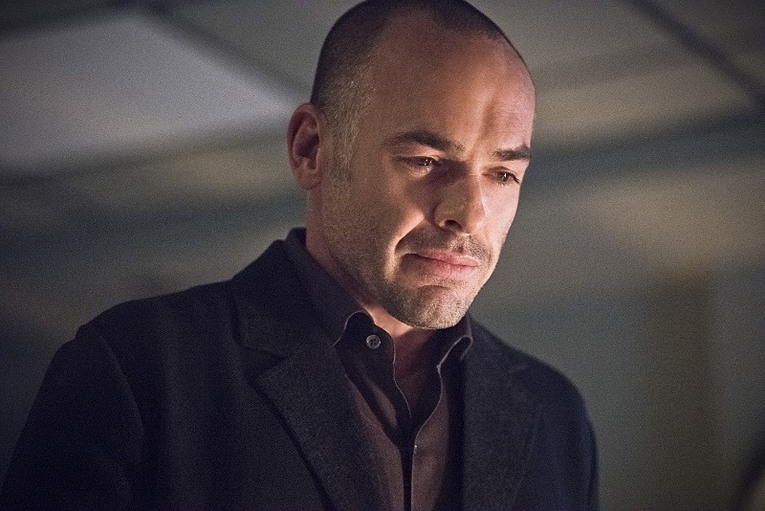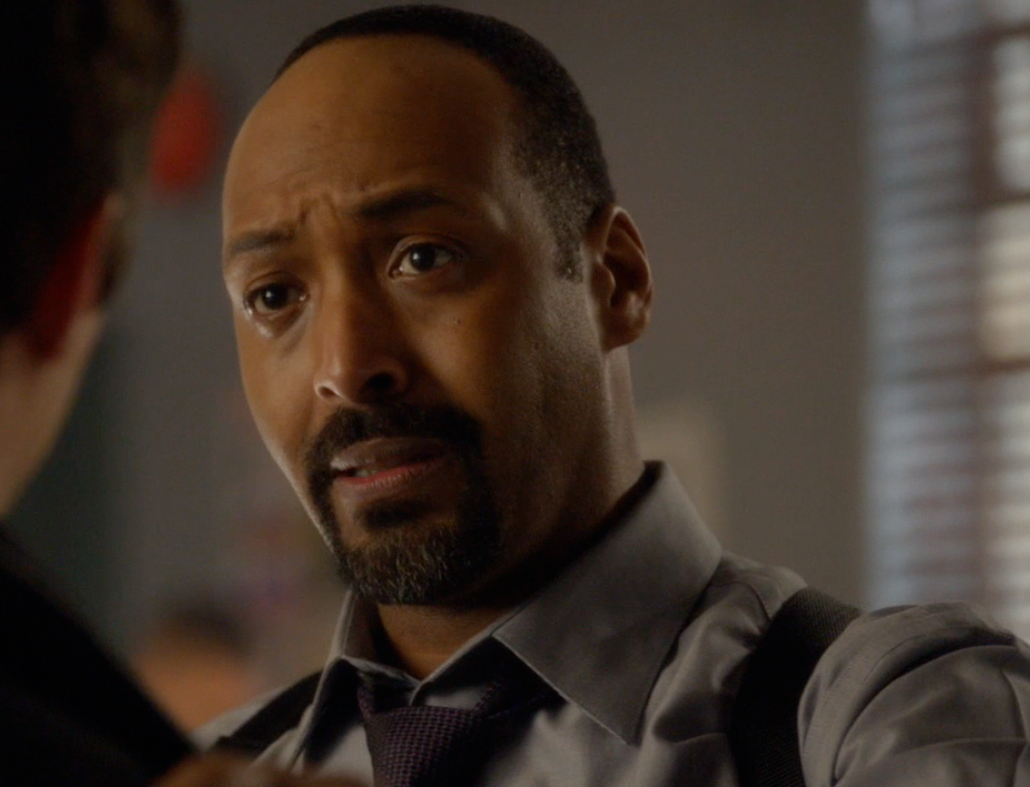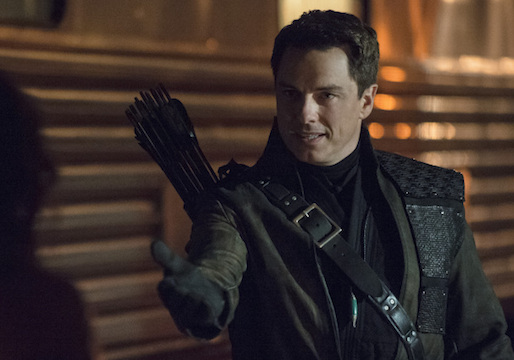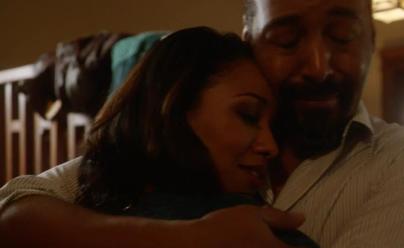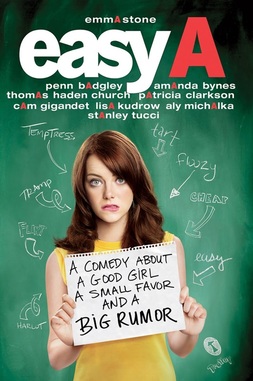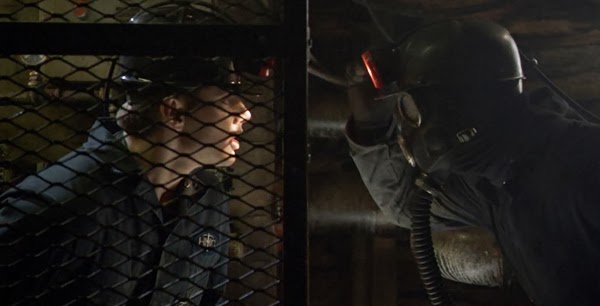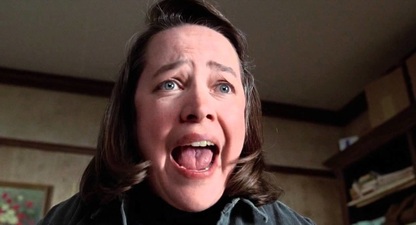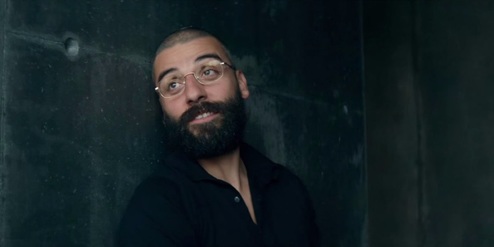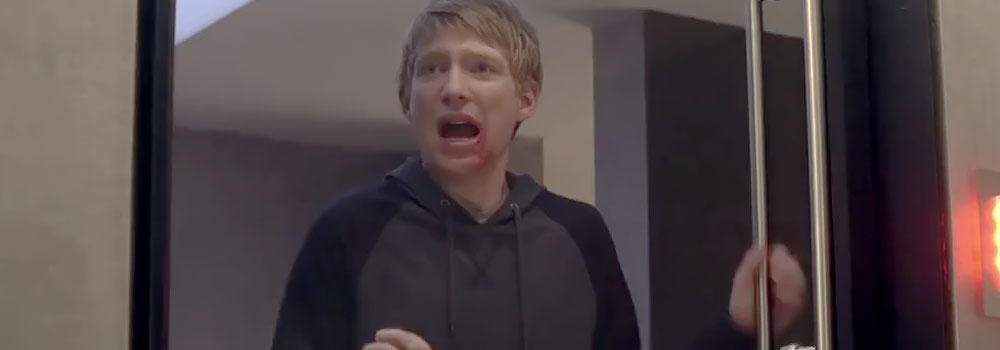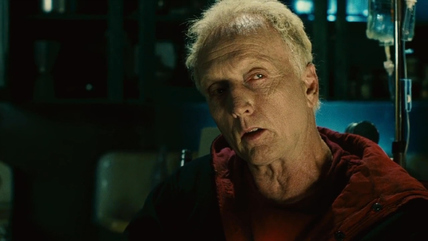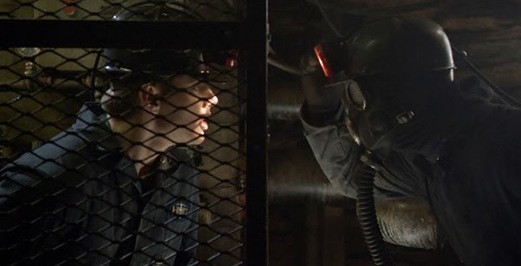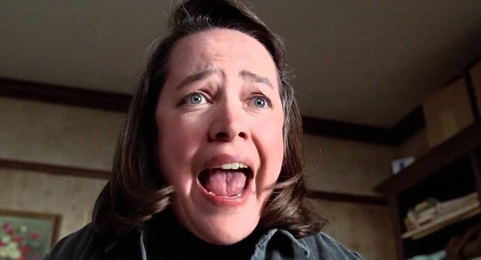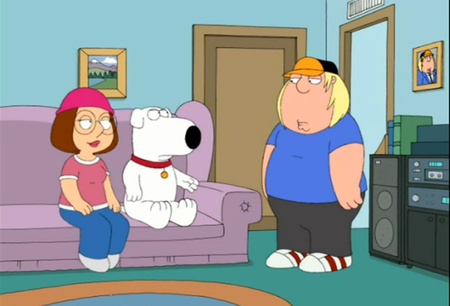Movie Review:
Annihilation
C+
Note: Like most of my movie reviews, this one is intended for readers of the source material and analyzes the movie as an adaptation rather than an independent work. You can read my C- review of the book here.
The Basics:
After her husband returns home sick and mentally altered from a classified mission, Lena volunteers for the next expedition into “the shimmer,” an expanding area of dangerous and unexplained phenomena, to figure out what happened to him. As the biologist on a small team of military scientists, she finds the shimmer to be a place where DNA coding sheds all rules, to both beautiful and horrific results.
The Upside:
The visual medium is used to great effect in exploring both the fascinating and gruesome corners of the premise. A lot of fun was clearly had designing DNA mash-ups like the shark-gator and floral deer. The tension of the dwindling group slowly coming to understand the magnitude of the danger and strangeness around them works in a B-movie sort of way, when the movie allows itself to bask in that potential.
As in the book, there’s also the defaulting of the main characters to female instead of male, which is nice, and praiseworthy, but the fact that it remains such a remarkable novelty as to require praise really says more about the state of the world and the arts than about this work in particular.
The Downside:
It’s the kind of movie that makes one list “great visual effects” as foremost among its virtues. As an adaptation, it’s neither faithful to its source material nor confident in its own direction. It throws away most of what didn’t work about the book (and some of what did), but fails to replace it with… much of anything, really.
There’s no hypnosis here to rob the characters of natural motivation, so instead they experience missing time apparently caused by the shimmer, in an unexplained one-time effect that has nothing to do with any of its more consistent properties over the course of the rest of the story. There's no evil hypnotist mole on the team, so instead the character who seems like a growing human villain ends up wandering off and coming to no particular purpose. There’s no “Crawler” writing endless gibberish on the walls of an underground structure, so instead there’s… a psychedelic boss fight with The Thing? It’s an amorphous blob that replicates people, which Lena later defends as a reflection of her own violent nature, but which very clearly displays violent intentions it never had a chance to learn from her.
Lena’s relationship with her husband is given more prominence, but the original nature of its self-destruction is left out, along with everything else that was complex or interesting about the biologist’s character in the book, replaced with a simplified absence-and-infidelity plotline. This leads to one of the most baffling scenes in the movie -- a monologue by Lena’s illicit partner that’s as unsettling and incomprehensible as anything that happens in the shimmer, wasting an opportunity to contrast the forestory with a dose of flashback normality.
If there’s one element of the book that’s perfectly preserved in the movie, it’s the sense that it’s trying to convey some deep and momentous meaning, but what that meaning might be, if any, is lost to inscrutable coding.
Agree? Disagree? Comments are always welcome (just keep it civil, folks)!
Want more Fiona J.R. Titchenell? Become a patron to gain access to exclusive extras. Or keep up with my fictional musings by joining me on Facebook, Pinterest, Twitter, or signing up for email updates in the panel on the right!
